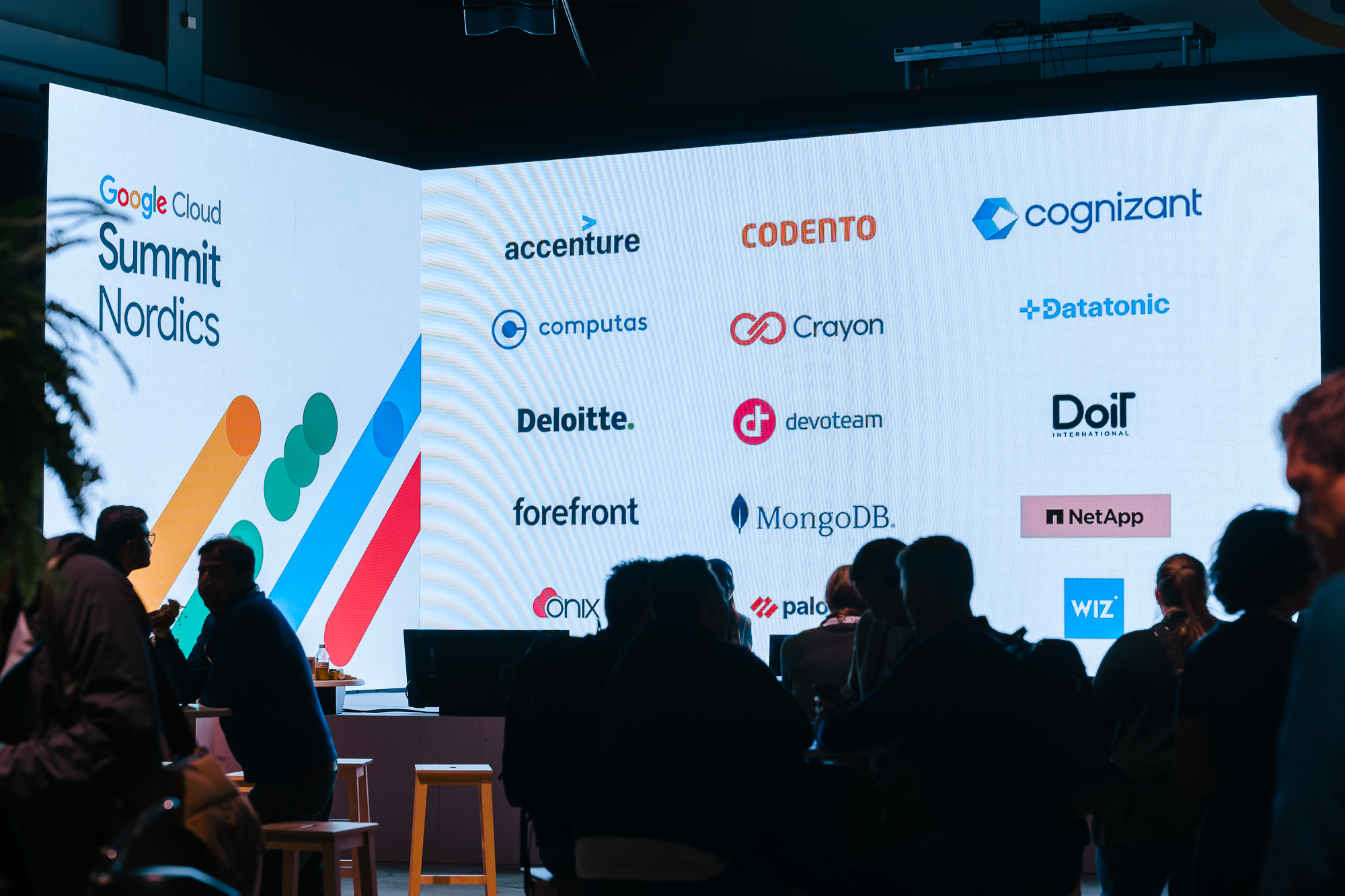Google Cloud Nordic Summit 2023: Three Essential Technical Takeaways
Authors, Jari Timonen, Janne Flinck, Google Bard
Codento participated with a team of six members in the Google Cloud Nordic Summit on 19-20 September 2023, where we had the opportunity to learn about the latest trends and developments in cloud computing.
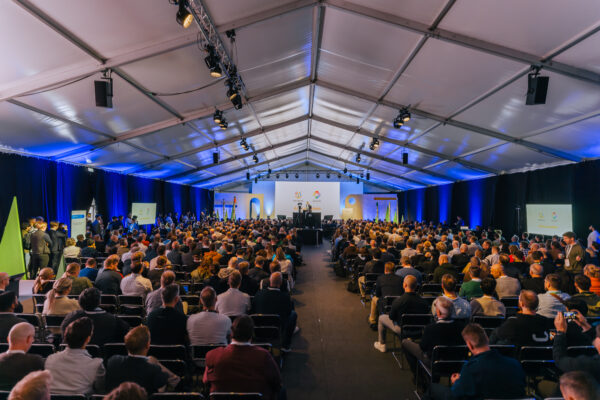
In this blog post, we will share some of the key technical takeaways from the conference, from a developer’s perspective.
Enterprise-class Generative AI for Large Scale Implementtation
One of the most exciting topics at the conference was Generative AI (GenAI). GenAI is a type of artificial intelligence that can create new content, such as text, code, images, and music. GenAI is still in its early stages of development, but it has the potential to revolutionize many industries.
At the conference, Google Cloud announced that its GenAI toolset is ready for larger scale implementations. This is a significant milestone, as it means that GenAI is no longer just a research project, but a technology that
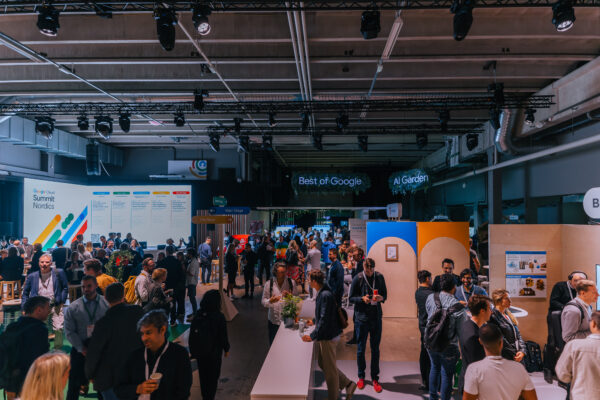
can be used to solve real-world problems.
One of the key differentiators of Google Cloud’s GenAI technologies is their focus on scalability and reliability. Google Cloud has a long track record of running large-scale AI workloads, and it is bringing this expertise to the GenAI space. This makes Google Cloud a good choice for companies that are looking to implement GenAI at scale.
Cloud Run Helps Developers to Focus on Writing Code
Another topic that was covered extensively at the conference was Cloud Run. Cloud Run is a serverless computing platform that allows developers to run their code without having to manage servers or infrastructure. Cloud Run is a simple and cost-effective way to deploy and manage web applications, microservices, and event-driven workloads.
One of the key benefits of Cloud Run is that it is easy to use. Developers can deploy their code to Cloud Run with a single command, and Google Cloud will manage the rest. This frees up developers to focus on writing code, rather than managing infrastructure.
Google just released Direct VPC egress functionality to Cloud Run. It lowers the latency and increases throughput for connections to your VPC network. It is more cost effective than serverless VPC connectors which used to be the only way to connect your VPC to Cloud Run.
Run.
Another benefit of Cloud Run is that it is cost-effective. Developers only pay for the resources that their code consumes, and there are no upfront costs or long-term commitments. This makes Cloud Run a good choice for all companies.
Site Reliability Engineering (SRE) Increases Customer Satisfaction
Site Reliability Engineering (SRE) is a discipline that combines software engineering and systems engineering to ensure the reliability and performance of software systems. SRE is becoming increasingly important as companies rely more and more on cloud-based applications.
At the conference, Google Cloud emphasized the importance of SRE for current and future software teams and companies.
One of the key benefits of SRE is that it can help companies improve the reliability and performance of their software systems. This can lead to reduced downtime, improved custo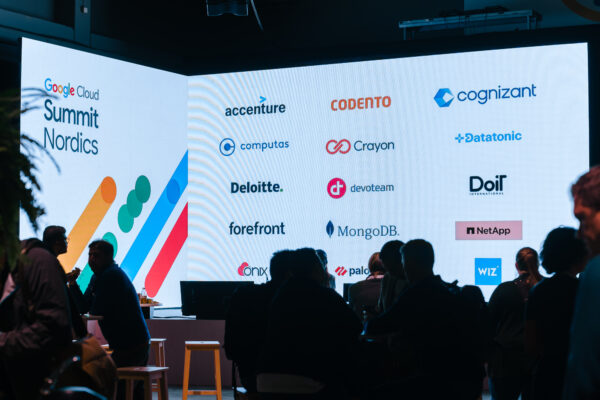 mer satisfaction, and increased revenue.
mer satisfaction, and increased revenue.
Another benefit of SRE is that it can help companies reduce the cost of operating their software systems. SRE teams can help companies identify and eliminate waste, and they can also help companies optimize their infrastructure.
Conclusions
The Google Cloud Nordic Summit was a great opportunity to learn about the latest trends and developments in cloud computing. We were particularly impressed with Google Cloud’s GenAI toolset and Cloud
Run platform. We believe that these technologies have the potential to revolutionize the way that software is developed and deployed.
We were also super happy
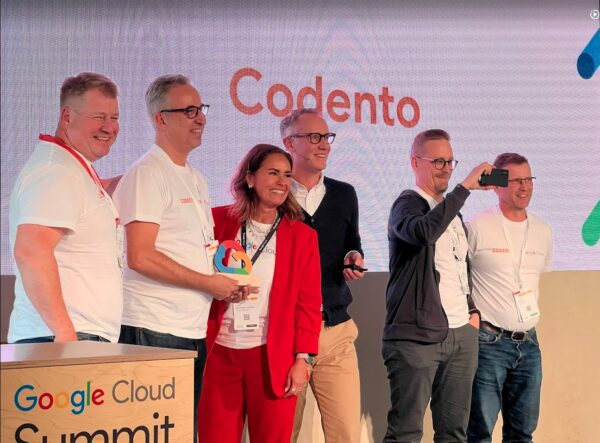 that Codento was awarded with the Partner Impact 2023 Recognition in Finland by Google Cloud Nordic team. Codento received praise for deep expertise in Google Cloud services and market impact, impressive NPS score, and achievement of the second Google Cloud specialization.
that Codento was awarded with the Partner Impact 2023 Recognition in Finland by Google Cloud Nordic team. Codento received praise for deep expertise in Google Cloud services and market impact, impressive NPS score, and achievement of the second Google Cloud specialization.
About the Authors
Jari Timonen, is an experienced software professional with more than 20 years of experience in the IT field. Jari’s passion is to build bridges between the business and the technical teams, where he has worked in his previous position at Cargotec, for example. At Codento, he is at his element in piloting customers towards future-compatible cloud and hybrid cloud environments.
Janne Flinck is an AI & Data Lead at Codento. Janne joined Codento from Accenture 2022 with extensive experience in Google Cloud Platform, Data Science, and Data Engineering. His interests are in creating and architecting data-intensive applications and tooling. Janne has three professional certifications and one associate certification in Google Cloud and a Master’s Degree in Economics.
Bard is a conversational generative artificial intelligence chatbot developed by Google, based initially on the LaMDA family of large language models (LLMs) and later the PaLM LLM. It was developed as a direct response to the rise of OpenAI’s ChatGPT, and was released in a limited capacity in March 2023 to lukewarm responses, before expanding to other countries in May.
Contact us for more information about our Google Cloud capabilities:
